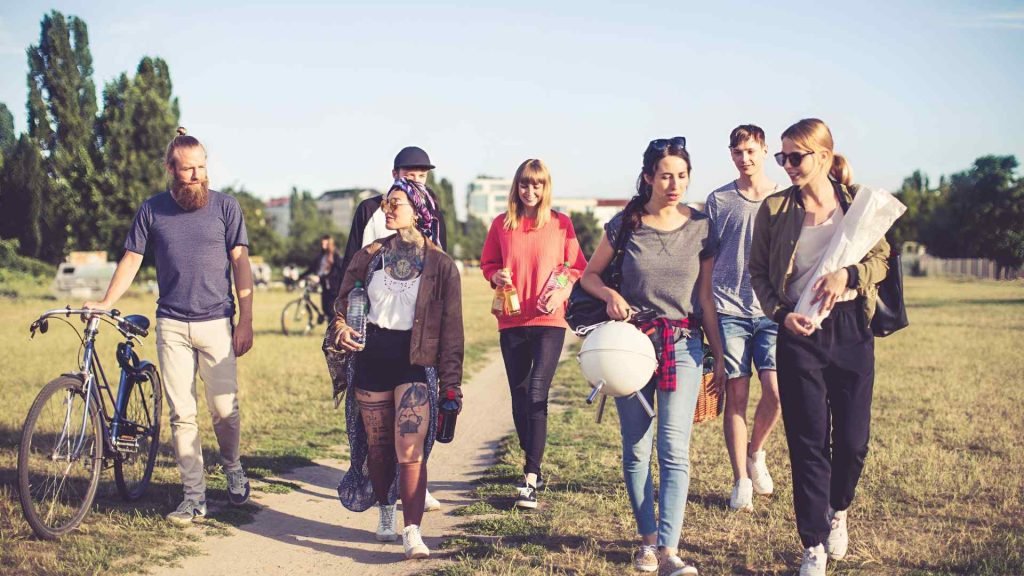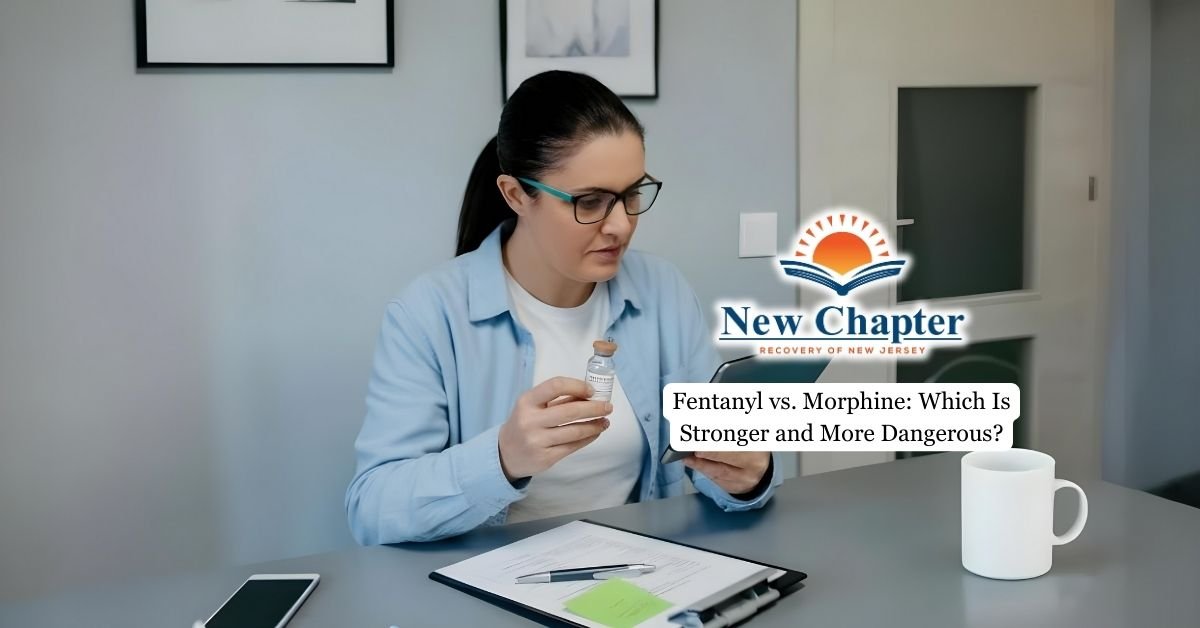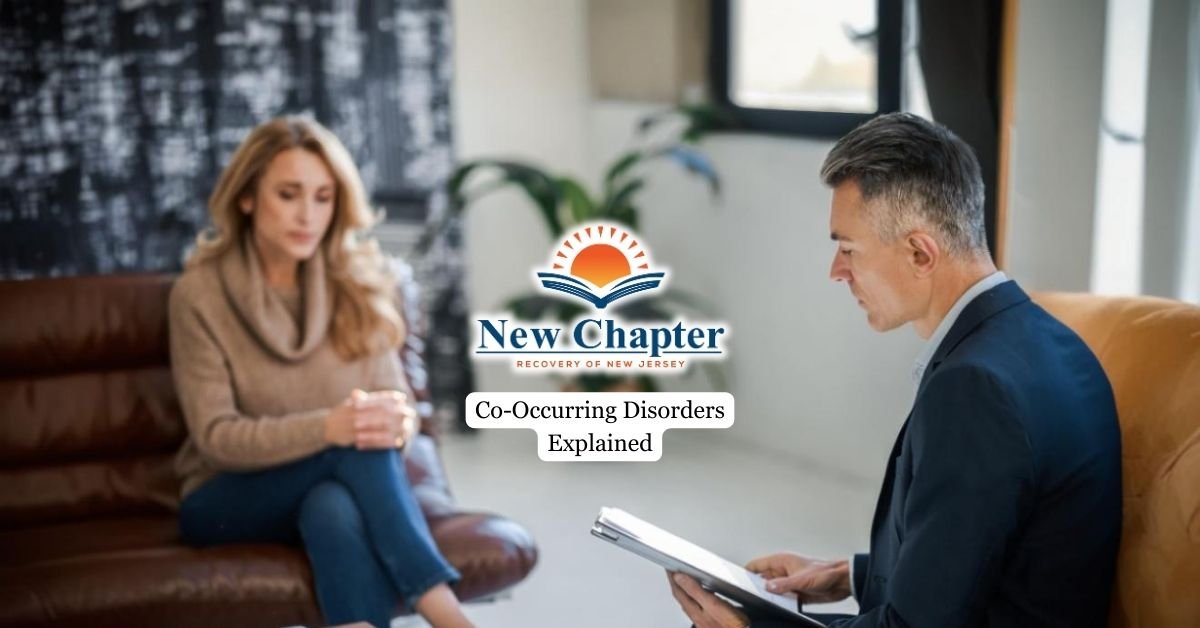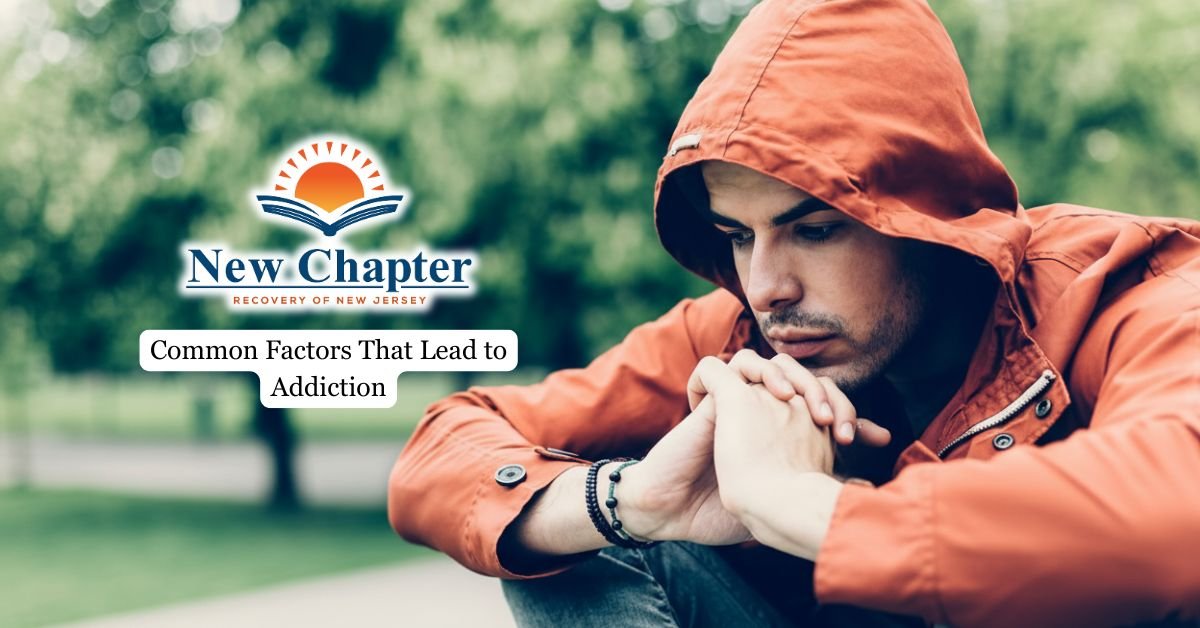While traditional therapy methods are essential, incorporating enjoyable activities into rehabilitation programs has shown promising results in enhancing patients’ recovery. These fun pursuits not only provide a much-needed break from the intense work of rehabilitation but also offer numerous benefits that contribute to overall healing and well-being.
As we explore the role of enjoyable activities in enhancing rehab patients’ recovery, we’ll showcase various types of activities, their specific benefits, and how they contribute to a more holistic and effective rehabilitation process. Many of these activities align with the benefits of experiential therapy, a powerful approach that uses hands-on experiences to support long-term recovery.

Creative Arts Therapy
Creative arts therapy, including activities like painting, drawing, and sculpting, can enhance your emotional regulation and reduce anxiety, promoting overall mental health and well-being.
Engaging in creative expression improves fine motor skills and cognitive flexibility, which are critical for recovery from physical impairments. Group therapy sessions foster social connections and provide a supportive environment, helping you share experiences and reduce feelings of isolation.
Art as a therapeutic tool facilitates self-reflection and emotional processing, aiding you in coping with the psychological challenges that often accompany rehabilitation, particularly in mental health and substance addiction recovery.
We highly recommend that you opt for an IOP that harnesses the power of engaging activities to complement traditional therapy approaches, like the one we offer here: https://newchapterrecoverynj.com/intensive-outpatient-programs-nj/ .
Physical Movement
Engaging in light physical activities, such as walking or gentle stretching, can significantly improve your mobility and reduce the risk of physical deconditioning.
Incorporating fun activities, like dancing or gardening, not only enhances physical movement but also boosts motivation and overall satisfaction in your recovery journey.
Tai Chi and Yoga are excellent choices for promoting balance and flexibility, which are crucial for preventing falls and improving stability during rehabilitation.
Group physical games, such as bowling or playing catch, enhance gross motor skills and cardiovascular fitness while fostering social interaction with fellow patients and support systems.
Establishing a consistent routine of physical activity can aid in reducing anxiety and improving overall mental health during the recovery process.
It’s recommended to consult with your healthcare provider to ensure that the chosen activities are appropriate for your specific health issues and rehabilitation goals.
Social Interaction
Participating in group activities and support groups can significantly reduce feelings of isolation, fostering a sense of community and emotional well-being.
You’ll find that engaging in team-based games or collaborative projects enhances communication skills and promotes teamwork, essential components of social interaction that can improve motivation and adherence to your rehabilitation program.
Regular social engagements during recovery can lead to decreased levels of anxiety and depression, creating a supportive environment that encourages you to stay committed to your goals.
Check out these tips for establishing a sober support group while in recovery.
Outdoor Activities
Engaging in outdoor activities like nature walks, gardening, tai chi, yoga, dance sessions, hiking, and playing games can significantly enhance your physical fitness and overall well-being.
These pursuits not only provide cardiovascular benefits but also improve stamina, balance, coordination, and flexibility, all of which are crucial for your rehabilitation progress. Moreover, exposure to fresh air and sunlight can boost your mood and emotional well-being, making your recovery process more enjoyable and rewarding.
Outdoor activities also promote cognitive engagement, as they stimulate your senses and challenge your brain in novel ways.
Get more info about the importance of emotional wellness, especially during challenging times like addiction recovery.

Cognitive Stimulation
Cognitive stimulation through activities like playing board games, solving crossword puzzles, and reading can significantly enhance your recovery journey.
Games such as Scrabble and Chess have been shown to improve strategic thinking and problem-solving skills, while memory games and puzzles boost mental agility and attention. Reading, including audiobooks, stimulates memory recall and comprehension, making it an effective tool for cognitive engagement.
Learning new skills, like sign language, not only reduces stress but also improves cognitive function, contributing to better rehabilitation outcomes.
By regularly participating in these cognitive-stimulating activities, you can slow cognitive decline and boost your self-esteem, fostering a more positive experience during rehabilitation.
Final Thoughts from New Chapter Recovery
If you’re looking for an intensive outpatient program that prioritizes both clinical excellence and faith-based support, consider reaching out to New Chapter Recovery. We’ll work with you to develop a personalized treatment plan that includes engaging and meaningful activities to support your recovery process and help you build a brighter, healthier future. By integrating enjoyable and purposeful activities into our treatment plans, we believe we can help our clients find joy in their recovery journey while simultaneously strengthening their faith.






